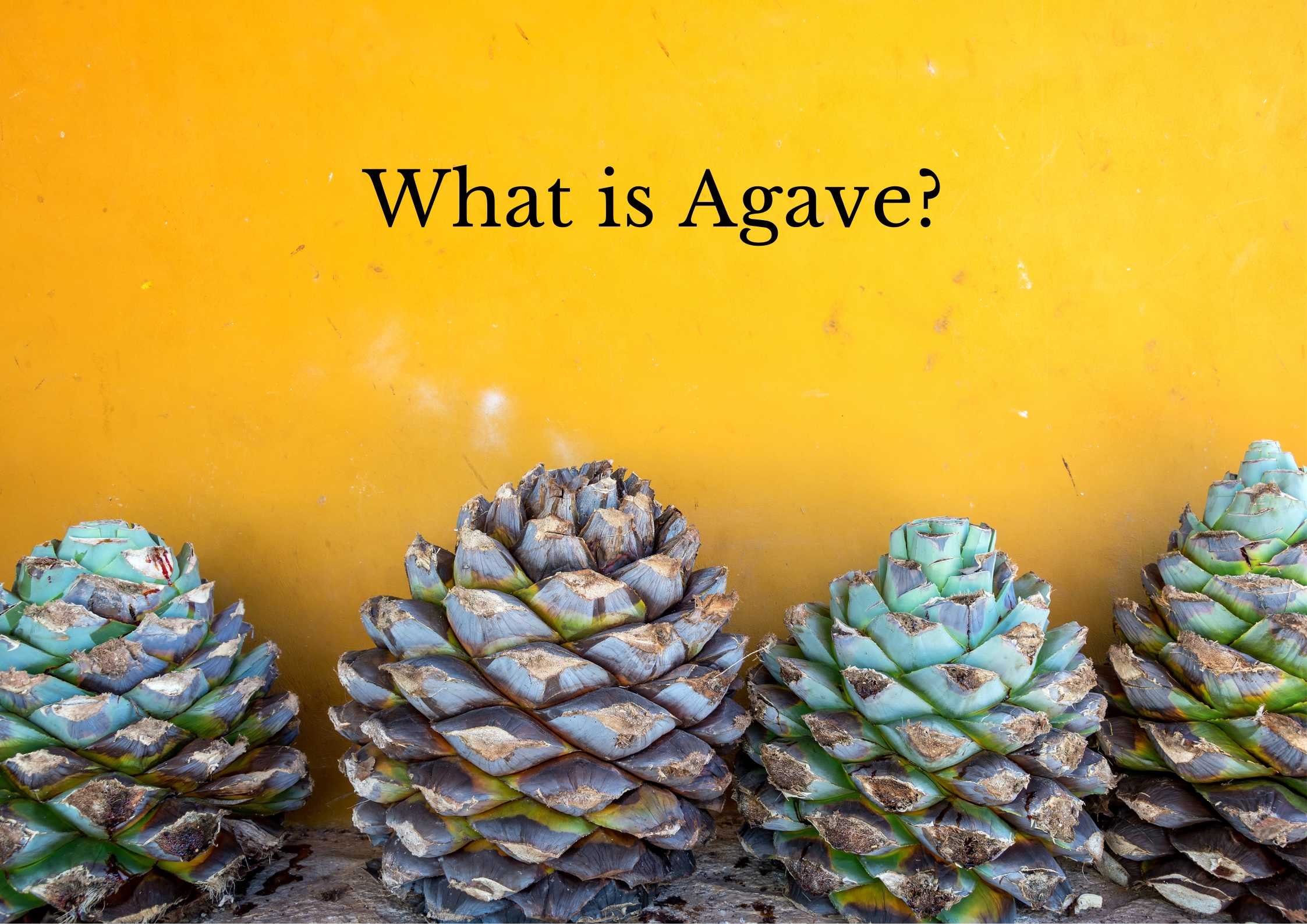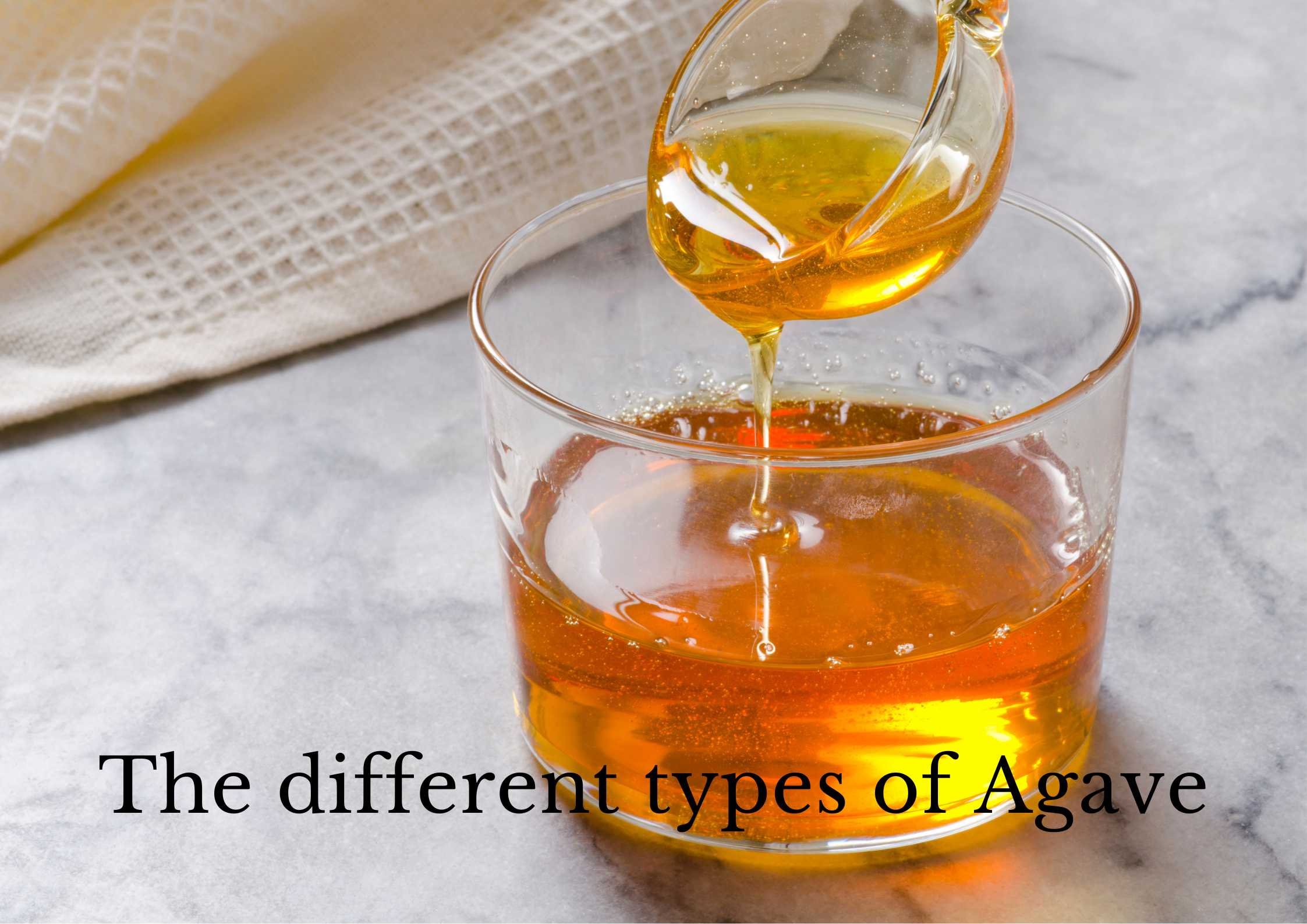All about Agave as a Sweetener
Agave is a sweetener that comes from the agave plant. It is similar to honey in taste and can be used in many different ways. Agave has been used as a sweetener for centuries, but only recently has it become more popular in the western world. Agave is a healthy alternative to sugar and can be used in baking, cooking, and even as a drink mix.
What is Agave?
Agave is a sweetener that comes from the agave plant. The agave plant is native to Mexico and has been used for centuries as a natural sweetener. Agave nectar is made by extracting the juice from the agave plant and then filtering it to remove any impurities.
Agave nectar is about 1.5 times sweeter than sugar, so you don't need to use as much of it to get the same level of sweetness. Additionally, agave nectar has a lower glycemic index than sugar, which means it won't cause your blood sugar levels to spike as quickly.
The different types of Agave:
The following are the different types of agave that you may come across:
Raw Agave Nectar:
This is the purest form of agave nectar and has not been heated or processed in any way. Raw agave nectar retains all of the nutrients from the agave plant, making it a healthier option than other types of agave nectar.
Organic Agave Nectar:
This type of agave nectar is made from organic agave plants and has not been exposed to pesticides or herbicides.
Light Agave Nectar:
Light agave nectar has been filtered to remove impurities, but it has not been heated or processed in any other way. Light agave nectar still contains some of the nutrients from the agave plant.
Dark Agave Nectar:
Dark agave nectar has been heated and processed more than light agave nectar. As a result, dark agave nectar has a richer flavour but fewer nutrients than other types of agave nectar.
How to use Agave Nectar:
Agave nectar can be used in many different ways. It can be used as a replacement for sugar in baking or cooking, or it can be added to drinks like coffee or tea. Agave nectar can also be used as a topping for pancakes or waffles.
When substituting agave nectar for sugar, use about 2/3 cup of agave nectar for every 1 cup of sugar.
Baked goods made with agave nectar will generally be moister than those made with sugar because sugar attracts moisture from the air. To prevent your baked goods from being too moist, reduce the amount of liquid in the recipe by 1/4 cup for every 1 cup of agave nectar used.
Agave nectar can also be used to sweeten smoothies, yogurt, or oatmeal.
Some tips for using agave nectar:
-Start with a small amount and add more to taste. Agave nectar is very sweet, so you don't need to use much of it to get the desired sweetness.
-Add agave nectar slowly and taste as you go. It's easy to add too much agave nectar and end up with a recipe that is too sweet.
-Agave nectar can be used in place of honey, maple syrup, or other liquid sweeteners.
-Agave nectar can be heated without affecting its flavour or quality.
Agave Nectar Vs Agave Syrup:
Agave nectar and agave syrup are often used interchangeably, but there is a small difference between the two. Agave syrup is made by heating and processing raw agave nectar. This process breaks down some of the sugars in the nectar, making it sweeter than raw agave nectar. Agave syrup also has a slightly different flavour than raw agave nectar.
Agave syrup is a good choice for baking or cooking because it dissolves easily and doesn't change the flavour of the recipe.
Agave nectar can be used in place of honey, maple syrup, or other liquid sweeteners.
Alternatives to agave:
If you're looking for a healthy alternative to agave nectar, there are several options available.
Honey:
Honey is a natural sweetener that is made by bees. Honey contains vitamins, minerals, and antioxidants that can have health benefits.
Maple syrup:
Maple syrup is made from the sap of maple trees. It's a good source of manganese and zinc and contains antioxidants that can help protect against disease.
Molasses:
Molasses is a thick, dark syrup that is made during the sugar-making process. It's high in iron and other minerals and can be used as a replacement for brown sugar.
Coconut sugar:
Coconut sugar is made from the sap of coconut palms. It has a low glycemic index than regular sugar and contains vitamins and minerals that can provide health benefits.
There are many other types of sugar and sweeteners available, so you can choose the one that best fits your needs.
Pros of using agave as a sweetener:
-Agave nectar is a natural sweetener that comes from the agave plant.
-Agave nectar has a low glycemic index, so it won't cause spikes in blood sugar levels.
-Agave nectar is suitable for vegans and people with gluten intolerance or Celiac disease.
Cons of using agave as a sweetener:
-Agave nectar is high in fructose, which can cause health problems if consumed in large amounts.
-Agave nectar is processed and refined, so it doesn't have the same nutritional value as raw agave nectar.
-Agave nectar can be expensive.
Health benefits of Agave:
The health benefits of agave nectar include:
Aiding in weight loss:
Agave nectar has a low glycemic index, so it doesn't cause spikes in blood sugar levels. This can help to control hunger and cravings and may aid in weight loss.
Lowering cholesterol:
Agave nectar contains inulin, which is a type of soluble fibre. Soluble fibre can help to lower cholesterol by binding to cholesterol in the gut and preventing its absorption into the bloodstream.
Reducing inflammation:
Agave nectar contains saponins, which are compounds that have anti-inflammatory properties. Saponins can help to reduce inflammation throughout the body and may aid in the treatment of conditions like arthritis.
Improving digestion:
The fibre in agave nectar can help to improve digestion and prevent constipation. Fibre also helps to promote the growth of healthy gut bacteria.
Preventing tooth decay:
Agave nectar contains xylitol, which is a type of sugar alcohol that has been shown to prevent tooth decay. Xylitol works by reducing the growth of bacteria that cause cavities.
Reducing the risk of heart disease:
The fructose in agave nectar can help to reduce cholesterol and triglyceride levels, which can reduce the risk of heart disease.
While agave nectar does have some health benefits, it's important to consume it in moderation. Agave nectar is high in fructose, so it should be used sparingly. Too much fructose can lead to weight gain, insulin resistance, and other health problems.
When choosing agave nectar, look for one that is 100% pure and has no added sugar or artificial sweeteners. Agave nectar can be found in most grocery stores or online.
Bottom Line:
Agave nectar is a natural sweetener that comes from the agave plant. It has a low glycemic index, so it doesn't cause spikes in blood sugar levels. Agave nectar is suitable for vegans and people with gluten intolerance or Celiac disease. Agave nectar can be expensive. The health benefits of agave nectar include: aiding in weight loss, lowering cholesterol, reducing inflammation, improving digestion, preventing tooth decay, and reducing the risk of heart disease. While agave nectar does have some health benefits, it's important to consume it in moderation because it's high in fructose. When choosing agave nectar, look for one that is 100% pure and has no added sugar or artificial sweeteners.








